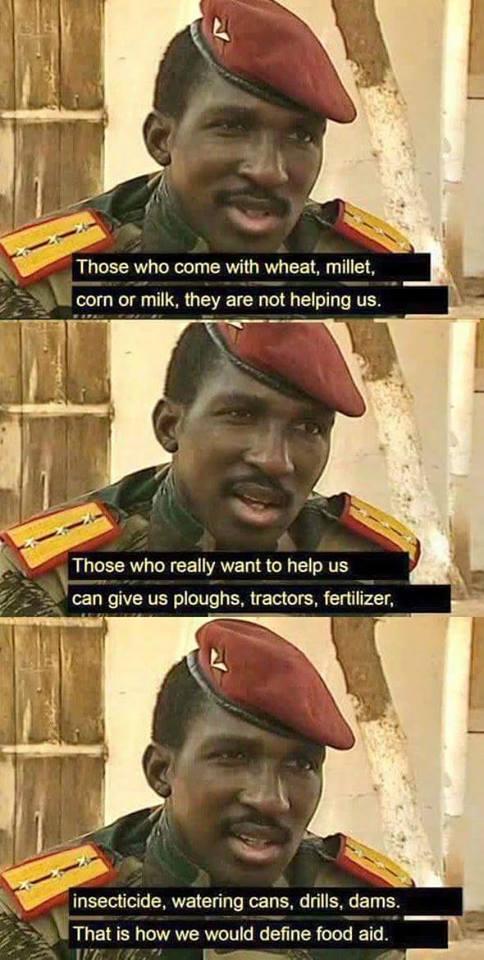this post was submitted on 27 Jul 2024
204 points (99.5% liked)
politics
22272 readers
83 users here now
Protests, dual power, and even electoralism.
Labour and union posts go to !labour@www.hexbear.net.
Take the dunks to /c/strugglesession or !the_dunk_tank@www.hexbear.net.
!chapotraphouse@www.hexbear.net is good for shitposting.
Do not post direct links to reactionary sites.
Off topic posts will be removed.
Follow the Hexbear Code of Conduct and remember we're all comrades here.
founded 4 years ago
MODERATORS
you are viewing a single comment's thread
view the rest of the comments
view the rest of the comments

The IMF is an arm of food insecurity imperialism. When countries are forced to take loans, they often have to agree to not suvsidize their own agricultural industries even while the US, already possessing massive industrialized farming capacity, continues to subsidize their own. The effect is that they must now import food or pay substantially more for local food. Due to the rest of the IMF loan terms' impact on their economies (usually forcing a specific kind of currency devaluation and export economy), theu will have to import food and give up food sovereignty.
This is very common in African countries, which make up a disproportionate number of those forced to take IMF loans. But it also applies to, for example, Venezuela, and is what Chavez rose to power opposing. Chavez et al tried to build a real economy and food sovereignty off of its inherited oil export economy. The US response was massive sanctions and tons of coups attempts.
Edit: for reading recs Fanon and Nkrumah are good as a prelude and then something more modern describing neocolonialism for the "main piece". Maybe "How Europe Underdeveloped Africa" for an early analysis and various specific readings for modern situations. Here's a MR take on Venezuela: https://monthlyreview.org/2009/07/01/the-venezuelan-effort-to-build-a-new-food-and-agriculture-system/
Thanks